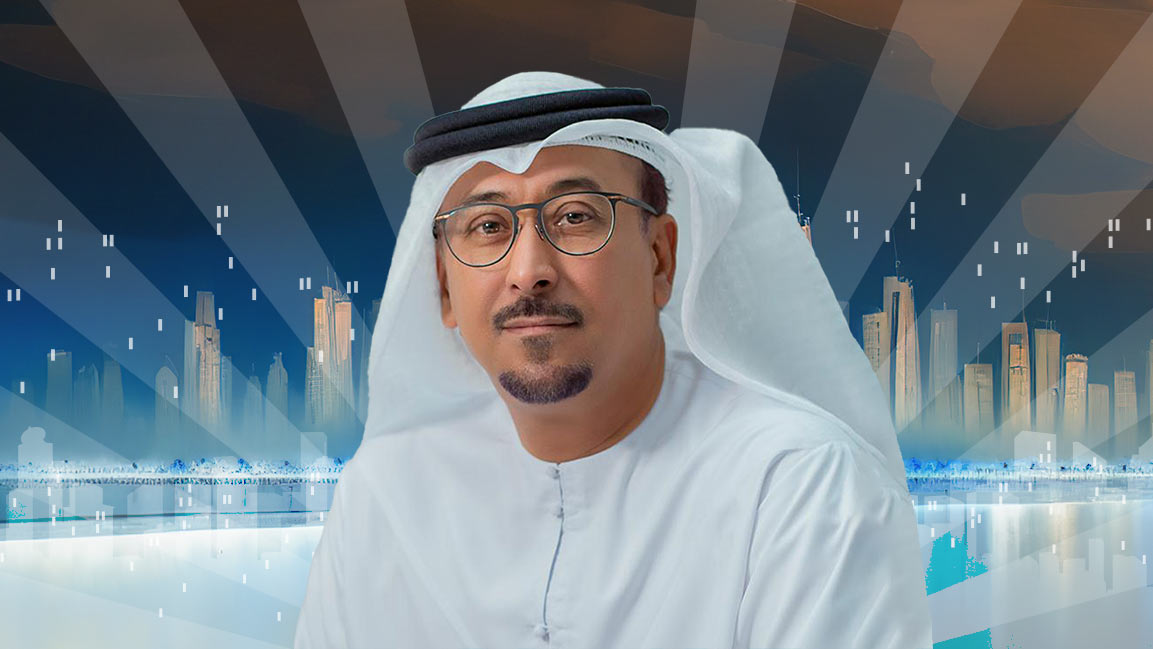- | 11:00 am
How Dubai is using advanced tech that support civic innovation
Dawood Al Hajri, Director General of Dubai Municipality, says tech-enabled cities tend to be more efficient, and can improve the quality of life for residents

Now accepting applications for Fast Company Middle East’s Best Workplaces For Women 2023. Click here to register.
How can cities truly embrace technology to improve their operations and provide better public services? Despite no shortage of focus on this question, cities have struggled on this issue.
Not Dubai. More technology-savvy than most, the city is jumping deep into the 21st century, using technology to improve services and engage citizens.
“Advanced technology and digitalization have strategic importance in Dubai Municipality’s work,” says Dawood Al Hajri, Director General of Dubai Municipality. “Our innovative approach to urban development is closely tied to our sustainability commitment, which means we deploy the latest technologies to achieve our objectives.”
This is exemplified by Dubai’s geospatial digital twin system, which studies and stimulates buildings’ environmental impact.
“Through utilizing technology in this way, we can gather huge amounts of valuable data which can be used to enhance intelligent urban planning,” adds Al Hajri.
Another example is Dubai Municipality’s use of space technology, illustrated by the DMSAT-1 environmental nanometric satellite. The satellite gathers environmental data that can be applied to solving challenges on the ground.
Dubai has been open to new ideas, whether they provide an infrastructure for high-growth businesses or it is exploring innovation in its operations.
Most importantly, the city recognizes that new ideas and technologies create a big opportunity to do things differently and make better places to live.
According to Al Hajri, technologies such as AI are already being integrated into planning and services in line with Dubai’s strategy to become one of the world’s most advanced, sustainable cities.
“These technologies complement the roles of humans, including strategic thinking, innovating, and other essential roles.”
He adds that AI’s ability to analyze vast datasets and simulate various scenarios makes it an ideal tool in complex urban planning.
“That is why we have invested in the Dubai Digital Twin Project. This initiative uses advanced AI and big data analytics to measure the environmental impact of infrastructure, allowing for simulations of different scenarios. The data that AI can process and analyze facilitates more informed decision making.”
Another way in which AI can support urban planning is by engaging the community. Dubai, Al Hajri says, is one of a handful of cities in the world to use Urbanist AI, a tool that enables residents to imagine and design the kind of facilities and cityscapes they would like to live in.
But are tech-savvy cities happier? “Tech-enabled cities tend to be more efficient and better connected, which can improve the quality of life for residents,” says Al Hajri.
For instance, a robust digital infrastructure supports digital services, including healthcare and remote working. Similarly, Dubai’s focus on reducing commute times by doubling residential density around transit hubs is a strategic move to improve work-life balance.
“When people can access work, recreation, and healthcare quickly, it contributes to a more convenient and potentially happier urban lifestyle,” he says.
While technologies used in the Al Safat system and the Dubai Digital Twin Project help create cleaner air, Dubai Municipality aims to expand nature reserves by 60% and double green spaces while actively encouraging environmentally conscious behavior, which can achieve a stronger sense of community and collective well-being.
“It is important to remember that technology is not the only factor in a happy society. It is vital that people can disconnect from technology to reconnect with nature, friends, and family,” adds Al Hajri.
































